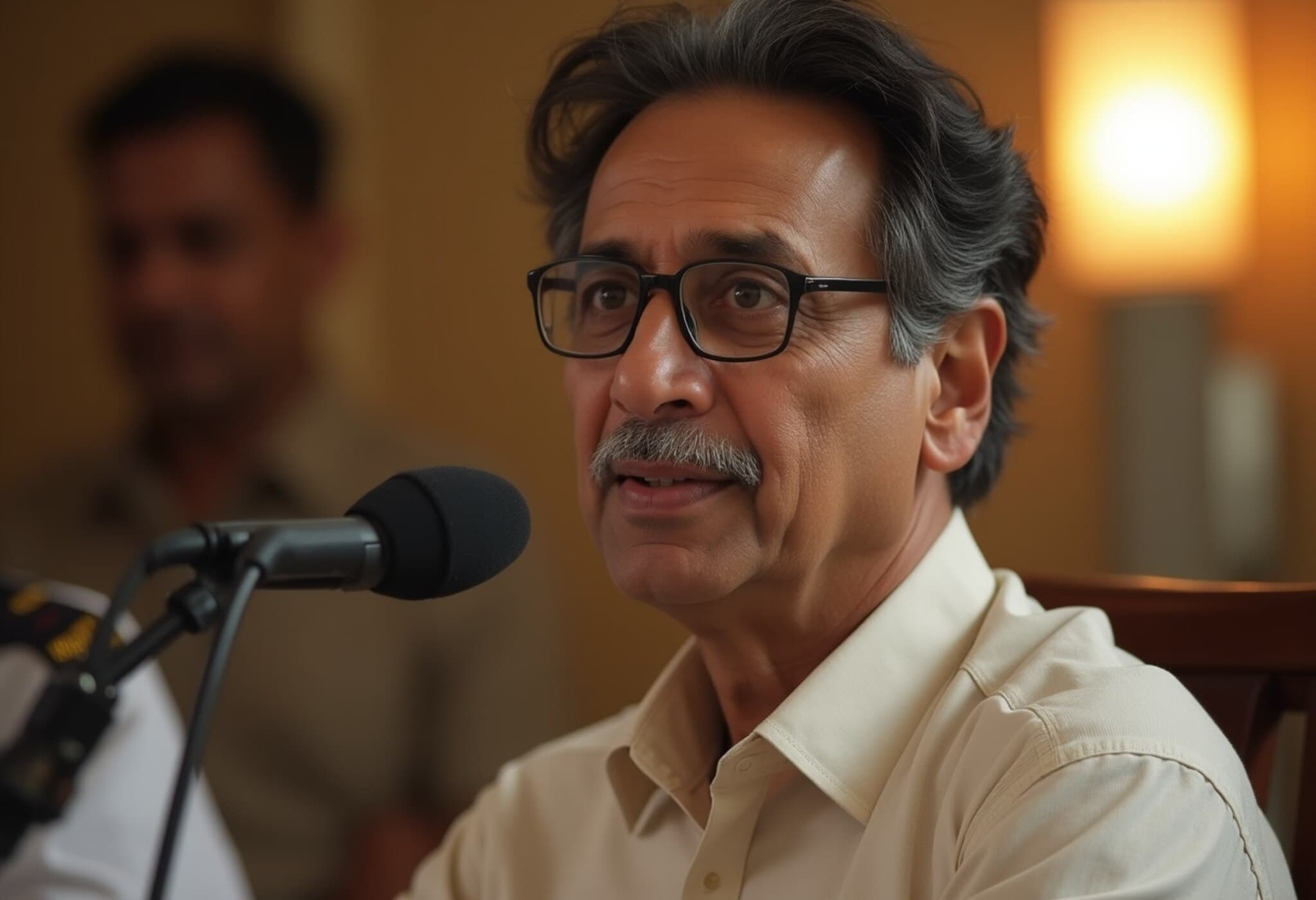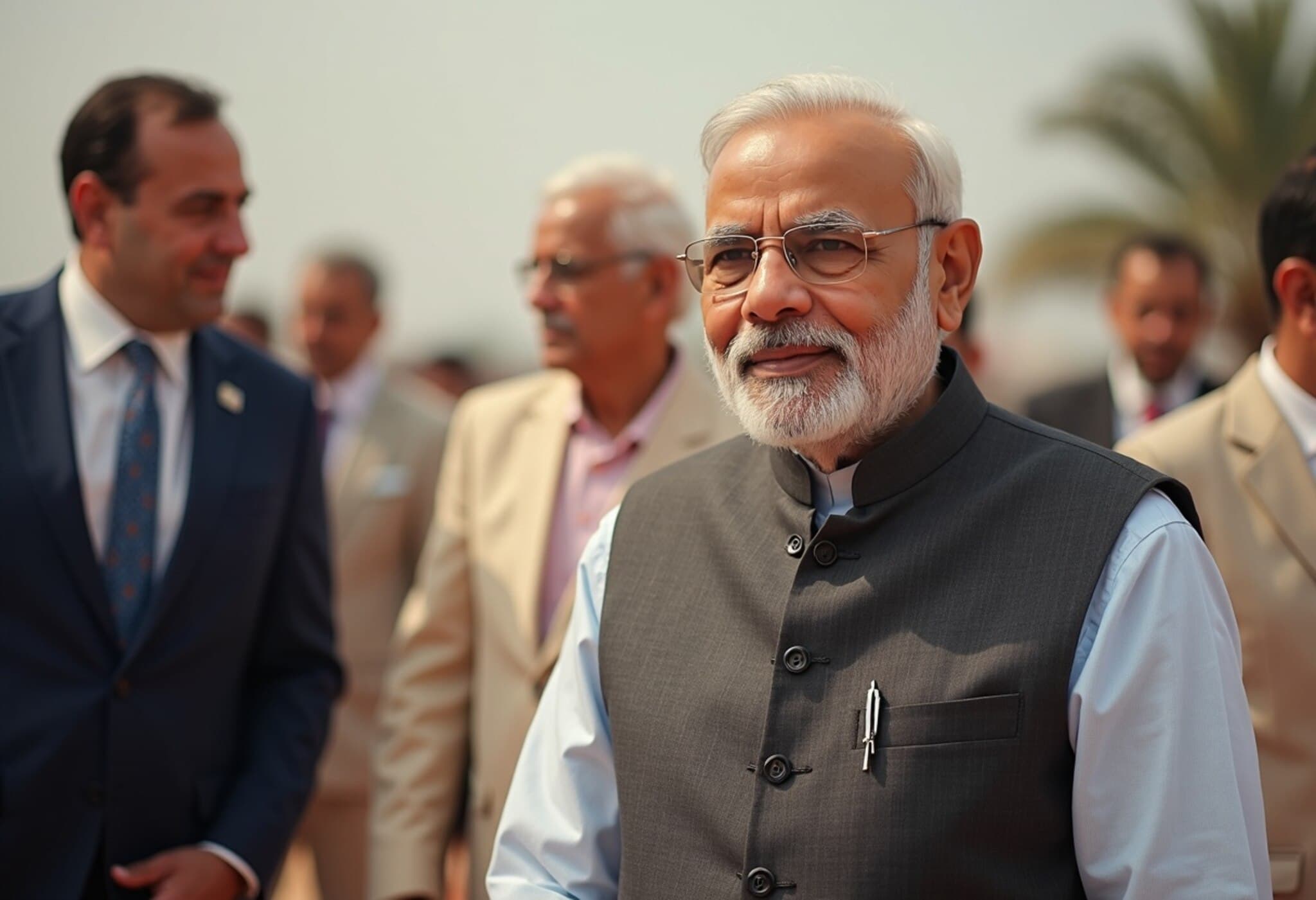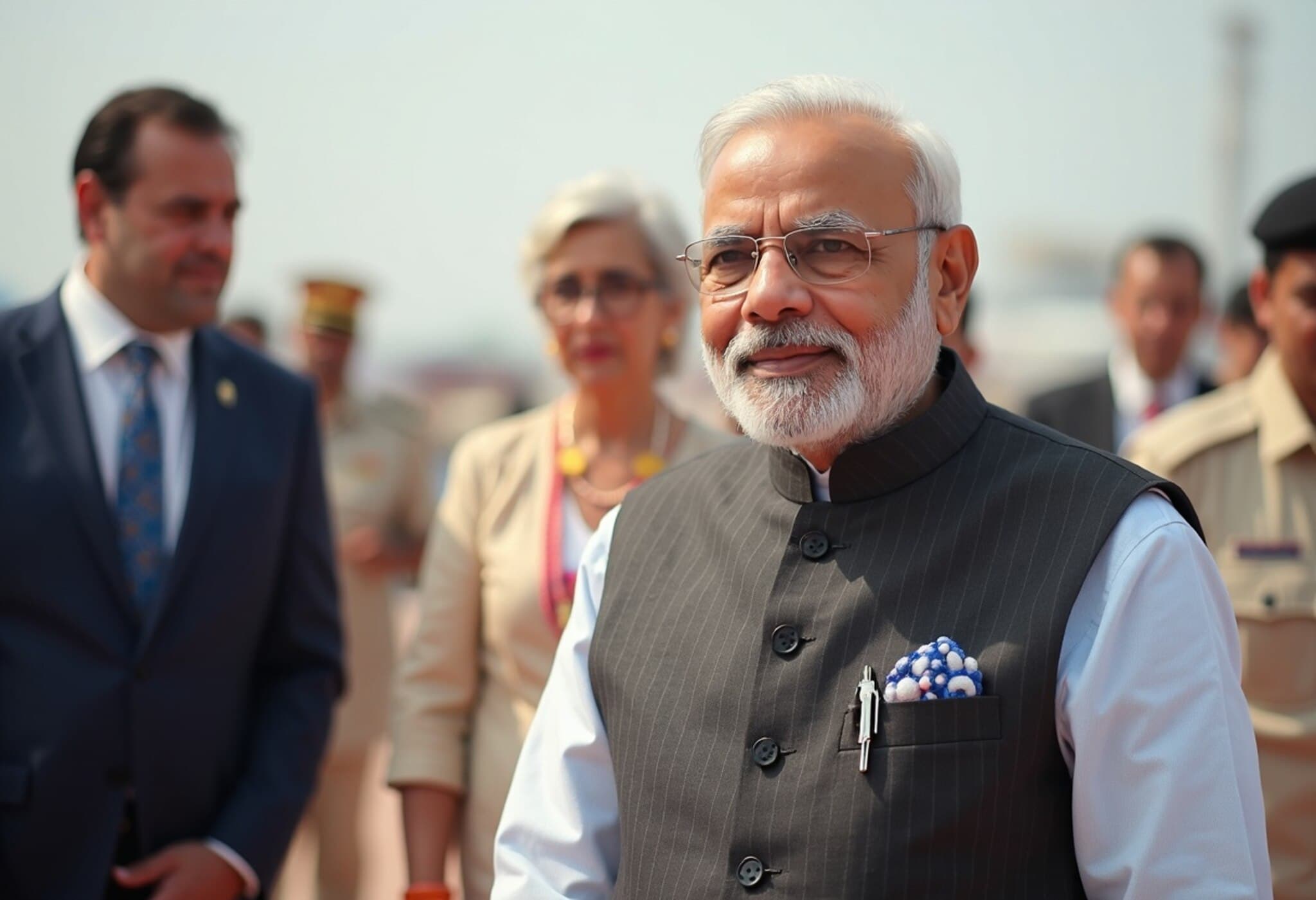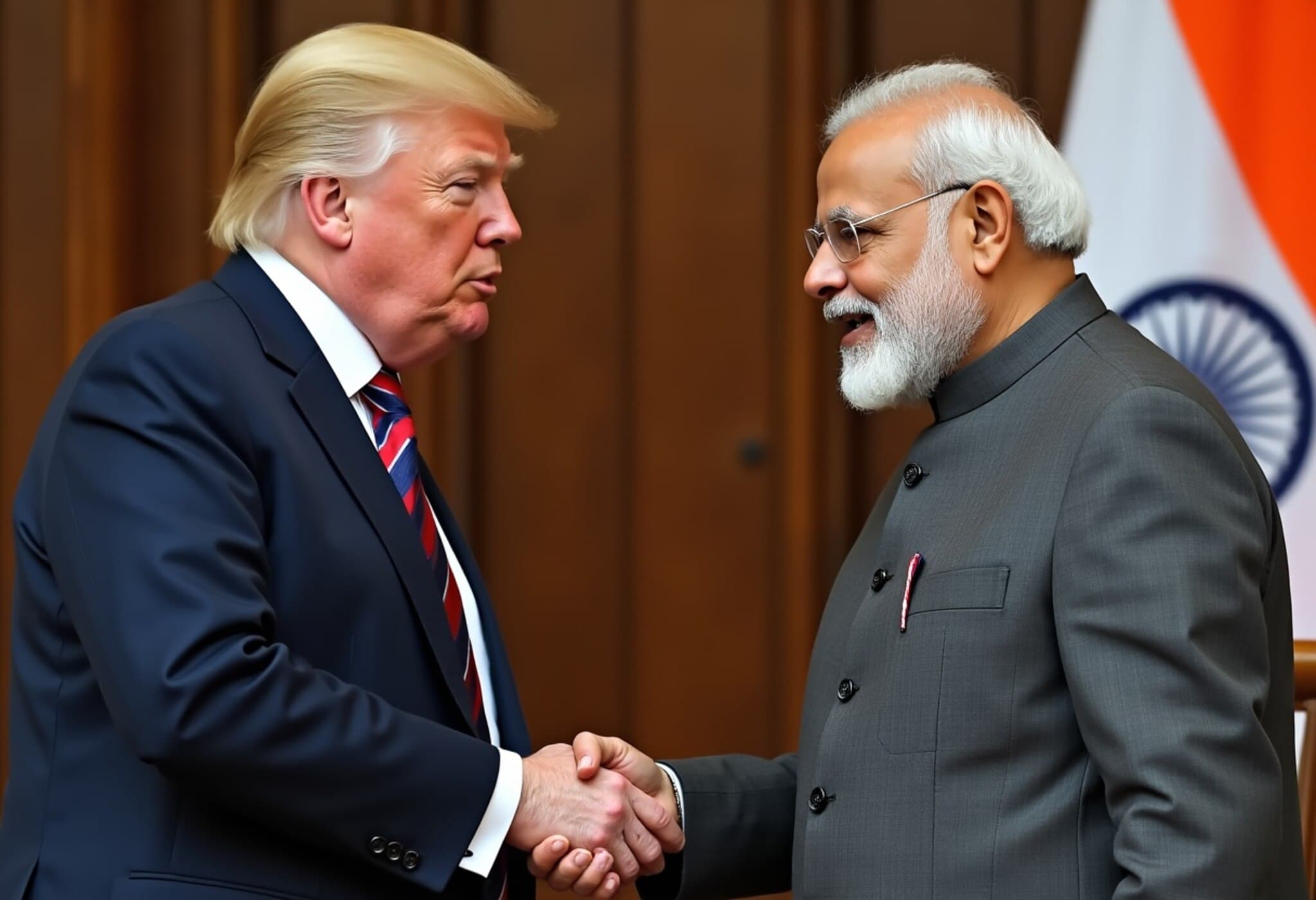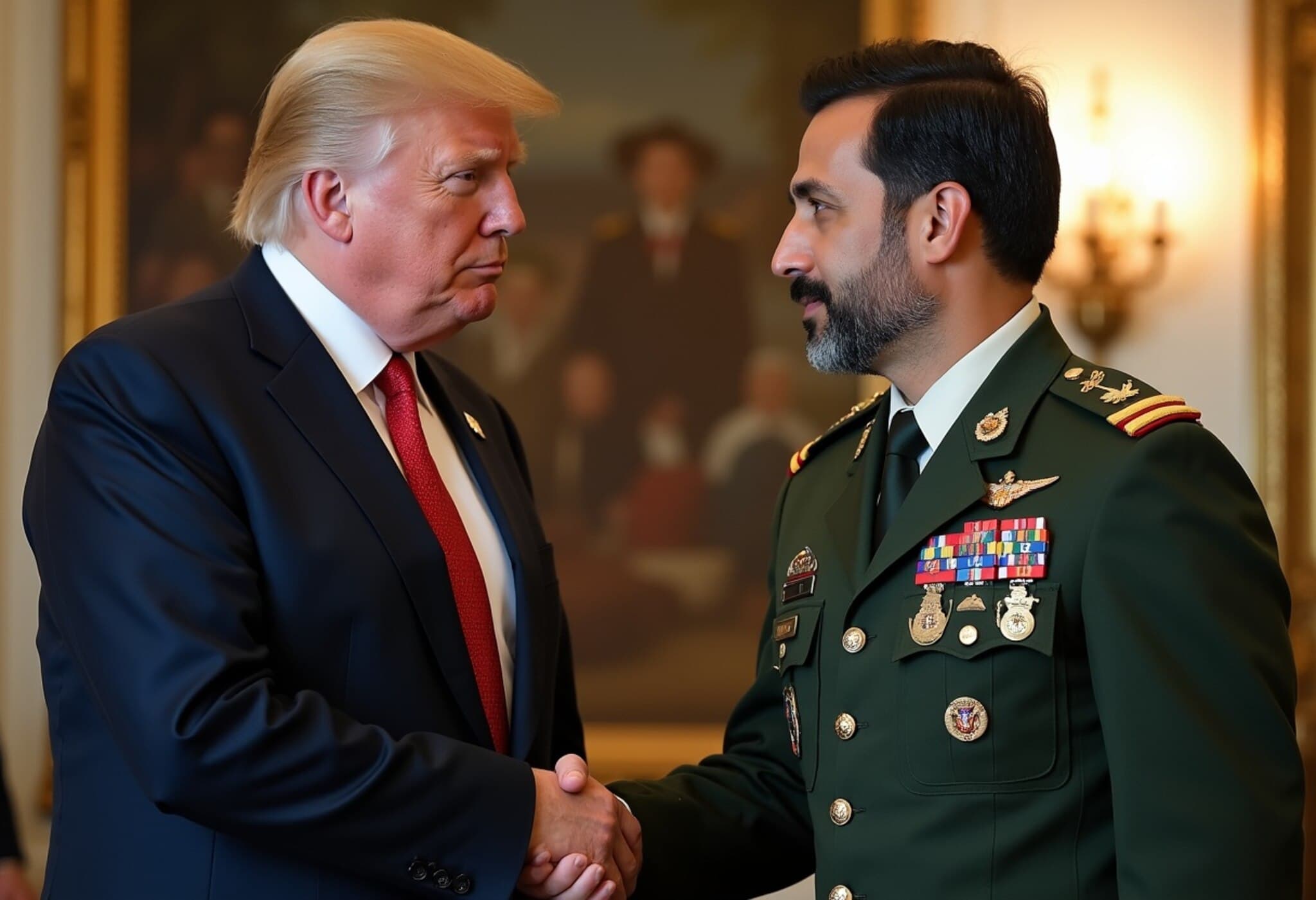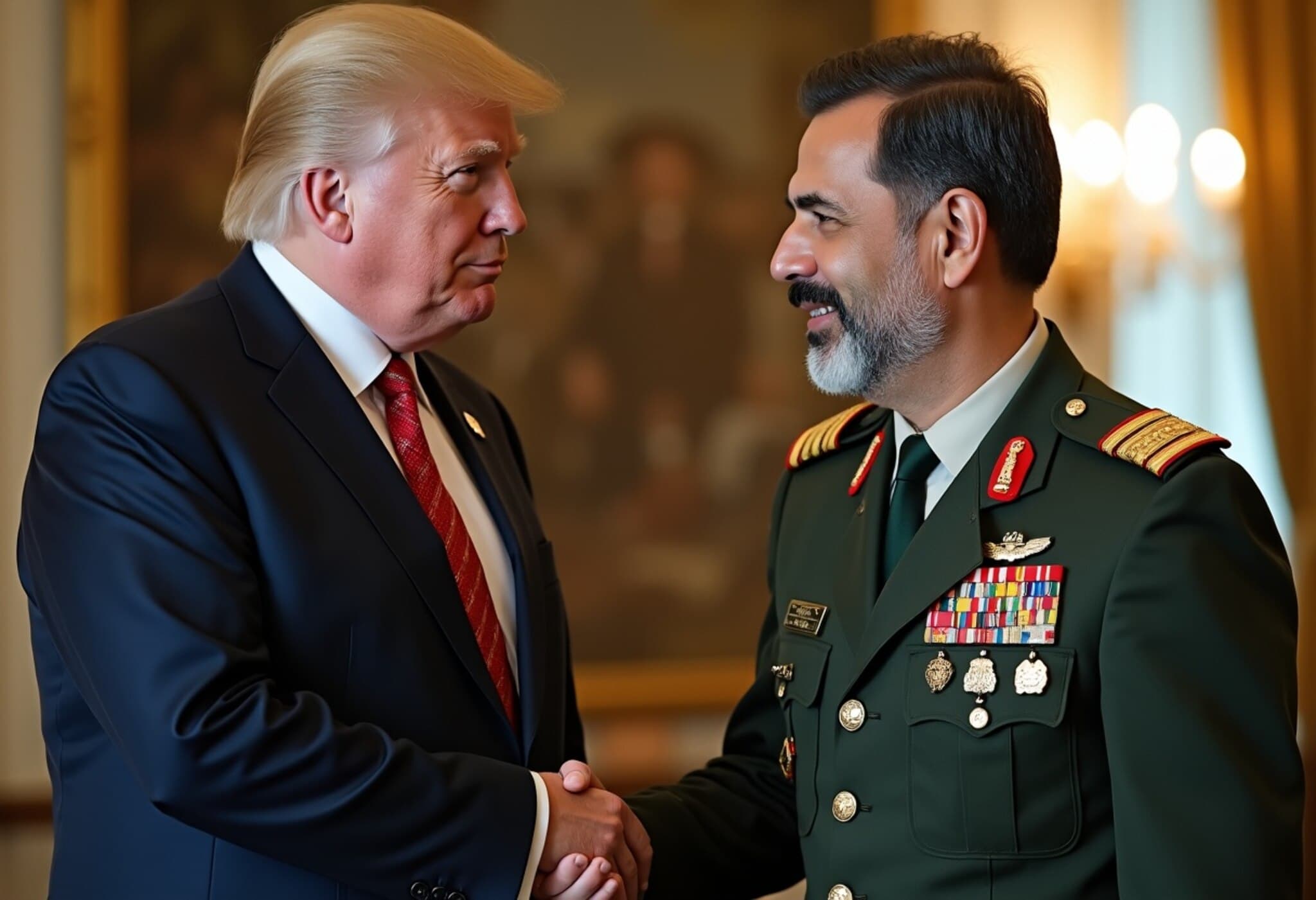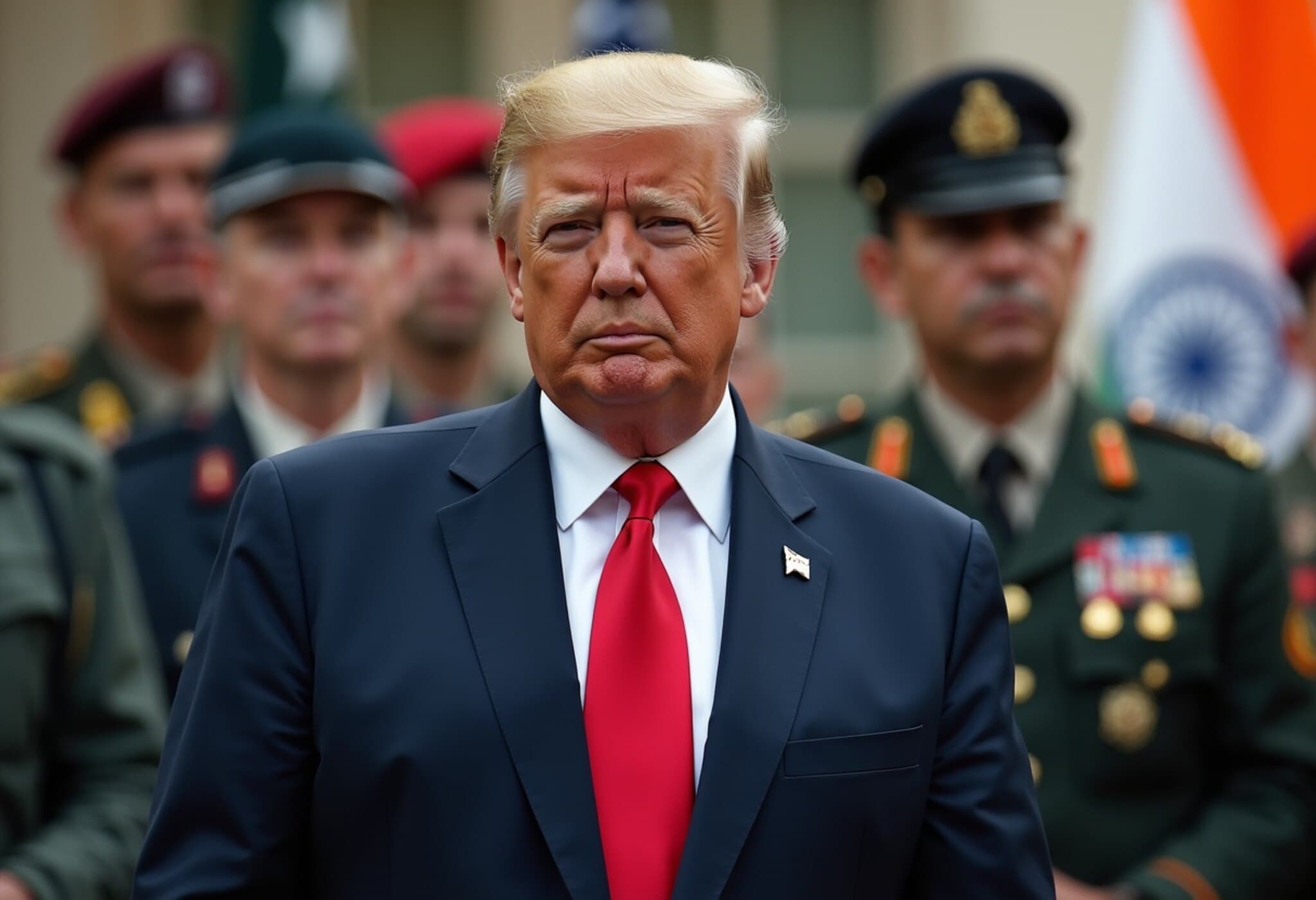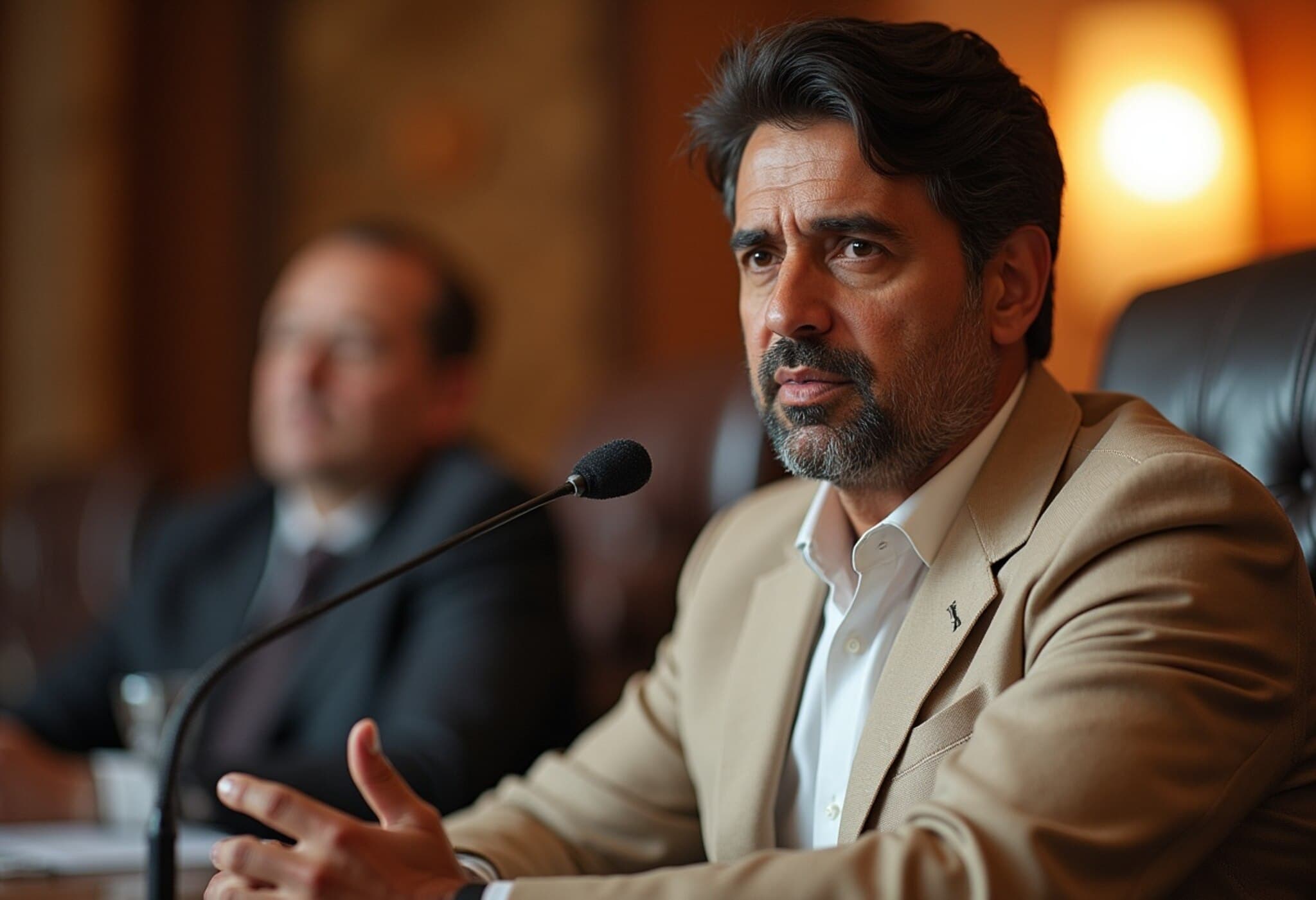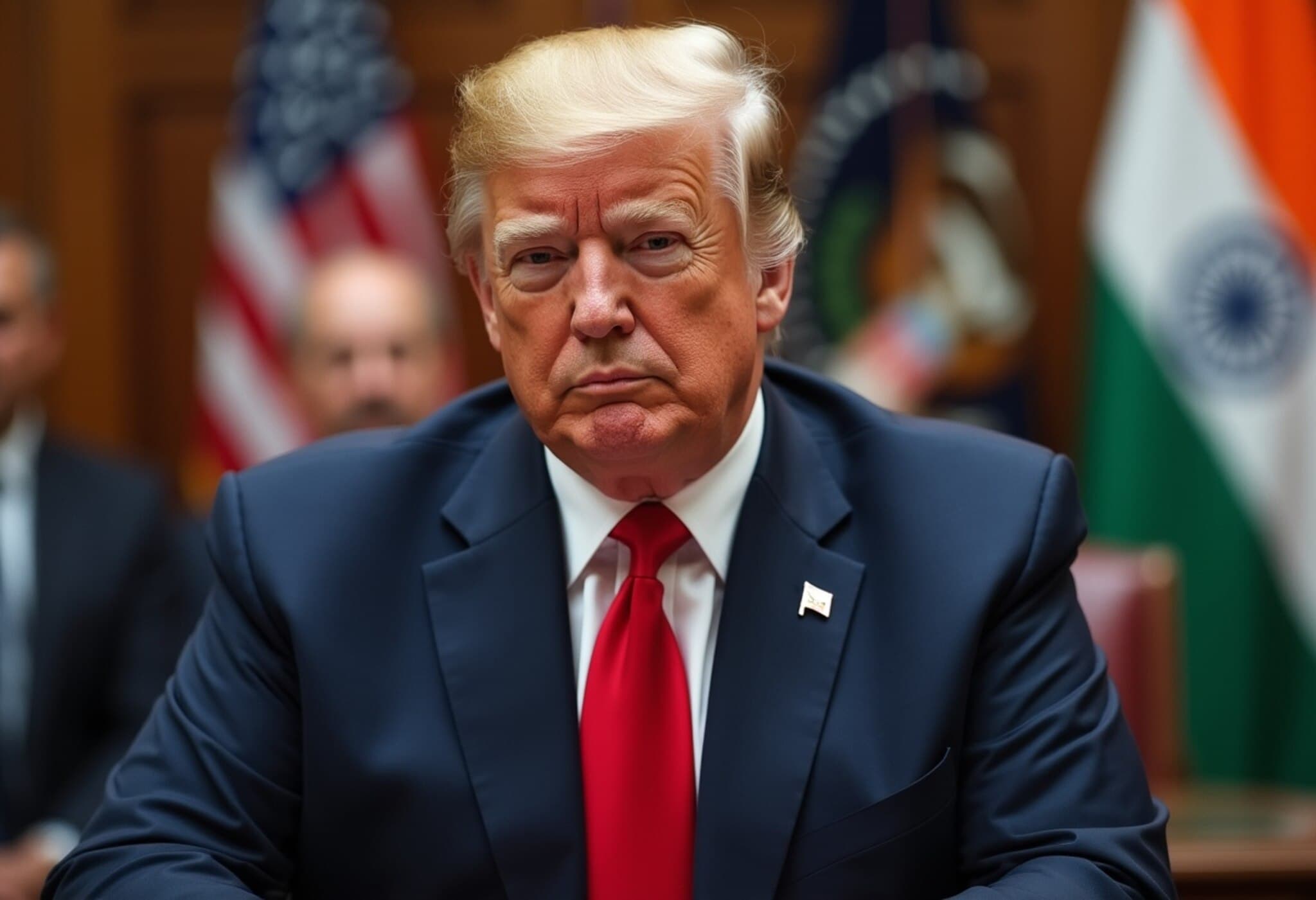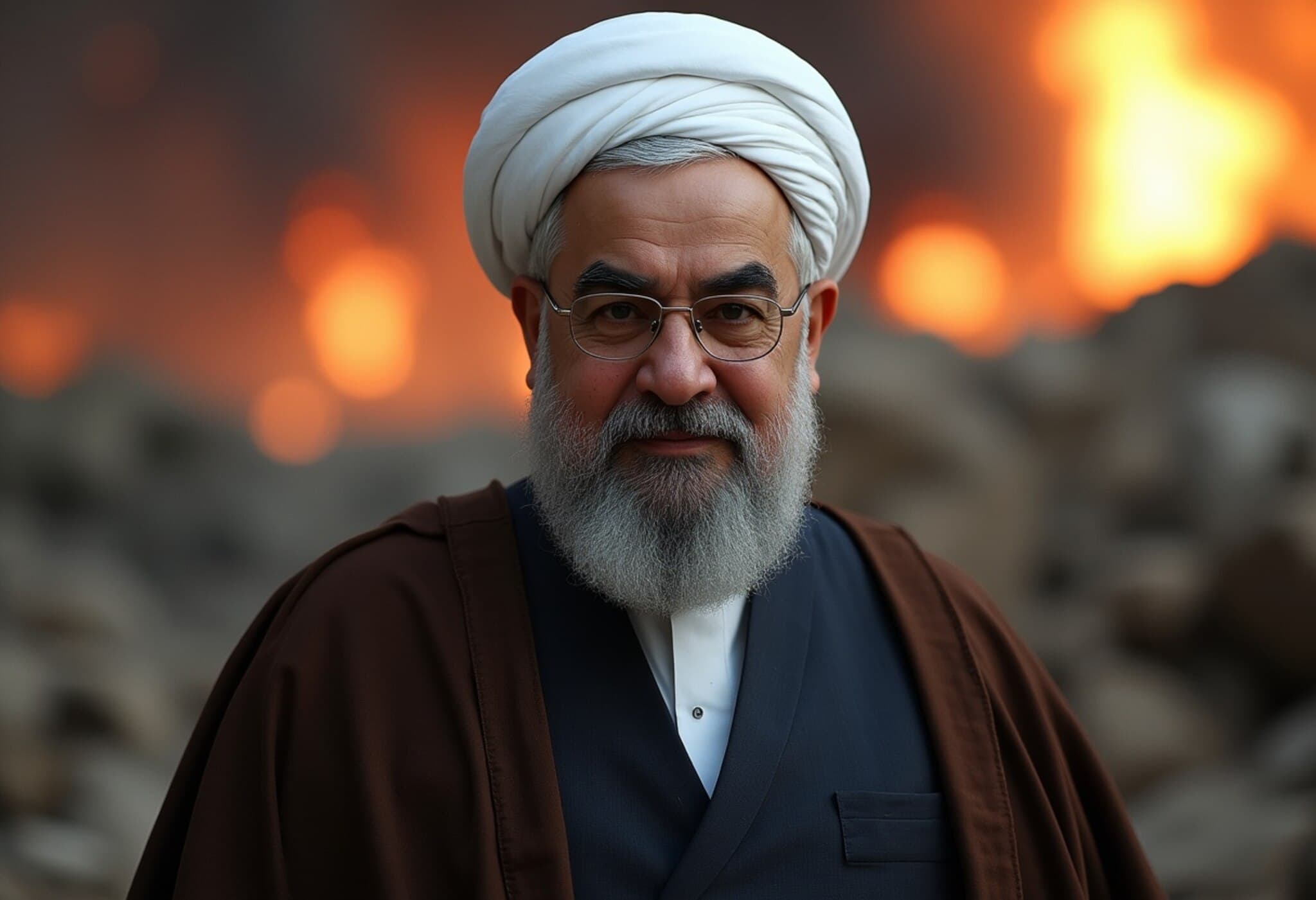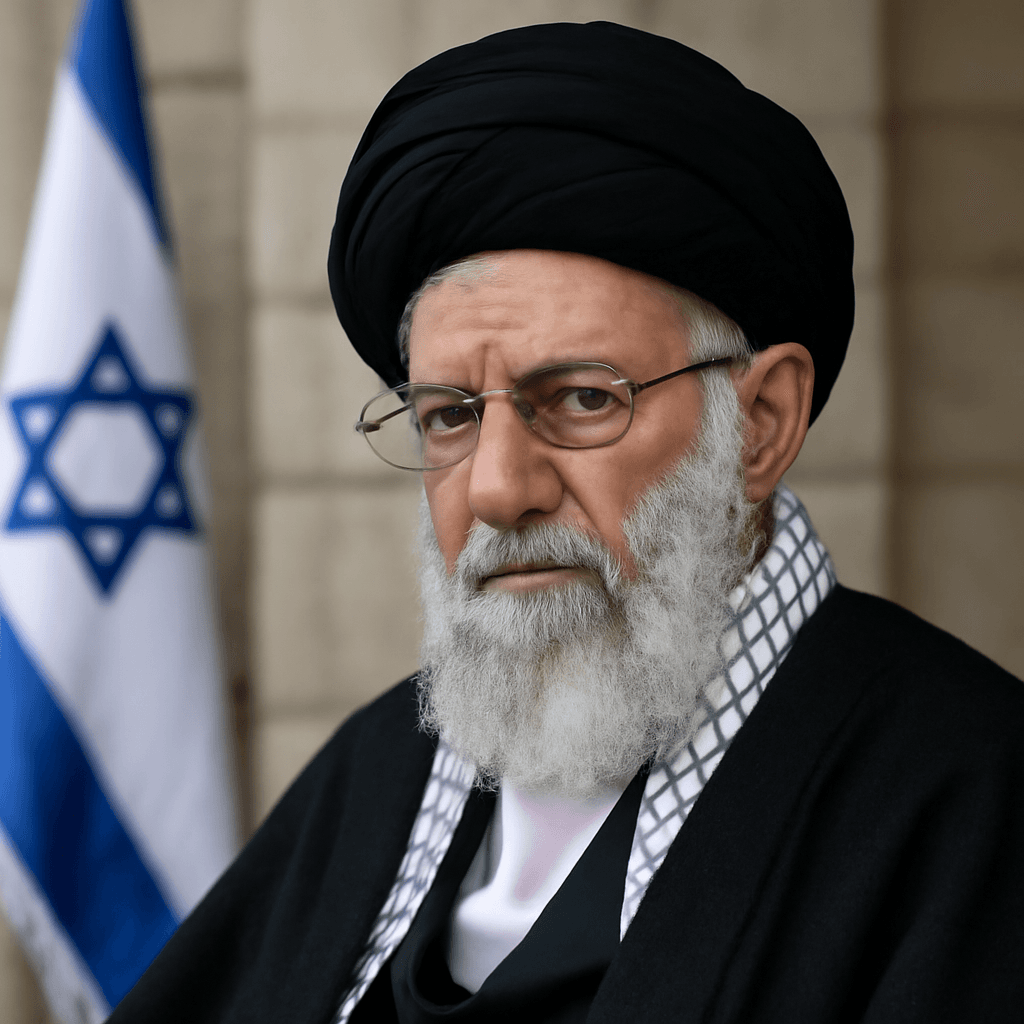Tharoor Questions US-Pakistan Engagement Post Lunch Meeting
Congress MP Shashi Tharoor has voiced concern over President Donald Trump's recent lunch with Pakistan Army Chief General Asim Munir. Tharoor highlighted the unresolved shadows surrounding Pakistan’s harboring of Osama bin Laden, the mastermind behind the 9/11 attacks.
Remembering a Troubling Past
Tharoor stressed that the memory of Osama bin Laden’s presence near a Pakistani military base remains fresh and shouldn’t be overlooked. The congressman emphasized that Pakistan’s culpability in sheltering the terrorist leader cannot simply be forgiven or forgotten, especially by the American public.
A Cautionary Message on Terrorism
He urged President Trump to use the meeting as an opportunity to warn General Munir against any continued support for terror activities targeting India. Tharoor specifically called for a clear message discouraging Pakistan from financing, arming, training, or dispatching terrorists across the border.
“I hope, while the General was being wined and dined, he got all these messages... because that would also be in America's interest,” the MP added.
Political Sensitivities and Timing
The lunch has sparked unease in India, especially considering the provocative remarks General Munir made regarding Kashmir shortly before a deadly terror attack in Pahalgam. Munir had described Kashmir as Pakistan’s "jugular," remarks widely condemned within India.
External Affairs Minister emphasized that the terrorists responsible for the attack targeted victims based on their faith, underlining the brutal nature of the violence. Indian authorities have reiterated that there is strong evidence of Pakistan's covert orchestration behind Pahalgam and other terror incidents.
India's Stance on Kashmir and Terrorism
- During a call from the G7 Summit, Prime Minister Narendra Modi conveyed unequivocally to President Trump that India will never accept third-party mediation on Kashmir.
- Modi’s response came after Trump repeatedly claimed credit for brokering a ceasefire in the region—despite India clarifying it was Pakistan's request for the halt in operations.
- The timing of General Munir’s White House visit—right after this conversation—has raised eyebrows for seeming to contradict India’s firm diplomatic stance.
The Bigger Picture
India continues to alert the global community about Pakistan’s links to terrorism, with intelligence reports indicating Pakistan-backed terror activities extending as far as London and Moscow recently.
The Trump-Munir lunch thus emerges as a focal point of controversy, reflecting the complex geopolitics in South Asia and the fragile dynamics between India, Pakistan, and the United States.

